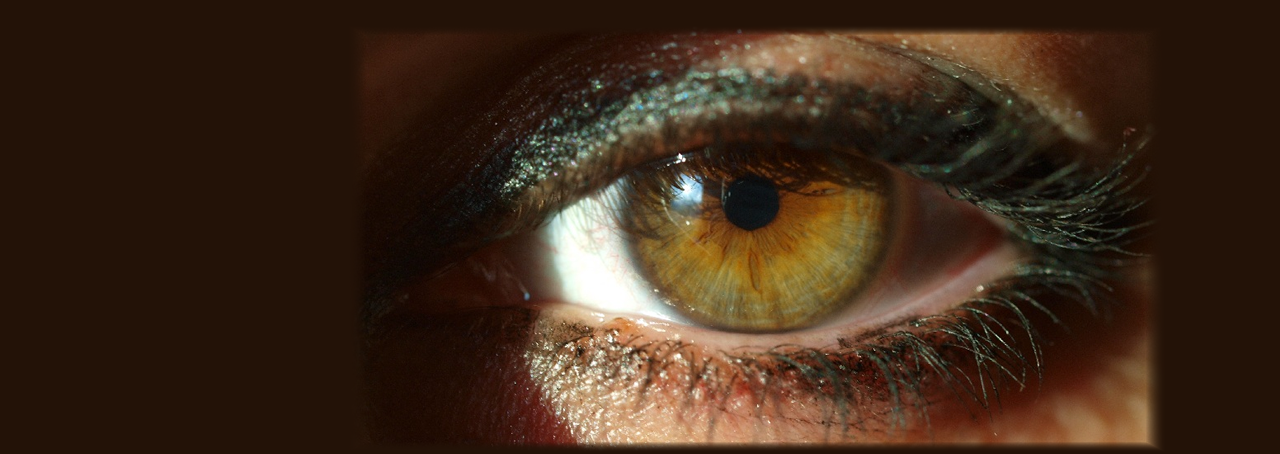Startup company Vivid Vision signs license agreement with the Research Foundation
Startup Vivid Vision, Inc. has signed an exclusive license agreement with The Research Foundation for SUNY (RF) to employ a new device to treat lazy eye and other disorders of binocular vision.
Amblyopia, or lazy eye, is a developmental problem in the nerve connecting the eye to the brain. The patented system was invented by Benjamin Backus, an associate professor at the SUNY College of Optometry, with his colleagues Kenneth Ciuffreda and Diana Ludlam. It uses eye tracking to provide direct and precise binocular visual stimulation at known locations on the retinas of both eyes simultaneously. The idea is to train neurons to function appropriately.
“Hebbian learning, which strengthens synaptic connections, is an important mechanism of neuroplasticity – the brain’s remarkable ability to change its structure and organization to compensate for illness or injury and adjust to new situations,” Backus explained. “It’s exciting to see this basic science research idea being developed in a real-world product to help people see better.”
Vivid Vision is a California-based company that is building a vision care platform that works with new virtual reality technology to treat amblyopia, strabismus (the most common cause of amblyopia), and disorders of binocular vision. Backus, whose work at the SUNY College of Optometry focuses on understanding how binocular vision works, joined Vivid Vision as Chief Science Officer. He is using his expertise to make sure the Vivid Vision system is using the cutting edge of vision science.
“We believe eye tracking is integral to the next generation of treatment tools for binocular dysfunction such as amblyopia, strabismus, and convergence insufficiency,” said Vivid Vision CEO James Blaha. “We couldn’t develop these new tools without collaboration with the Research Foundation for SUNY and the licensing of their patent. Having Dr. Backus as our Chief Science Officer at Vivid Vision ensures we can translate this exciting technology into clinical practice.”
"The research on binocular visual function that is the basis of this technology was conducted as part of SUNY Optometry’s active research mission on the eye and vision,” said Dr. David Troilo, vice president and dean for academic affairs at SUNY College of Optometry. “Translating our research efforts to improvements in patient care is a major goal at the college. We are very pleased that Vivid Vision will help us make this a reality for patients with these conditions."
Research at SUNY produces more than 200 new technologies a year. The RF protects the valuable intellectual property generated at SUNY campuses and works with industry and businesses, like Vivid Vision, to translate research discoveries into commercial products that benefit society and spur economic development.
comments powered by Disqus


